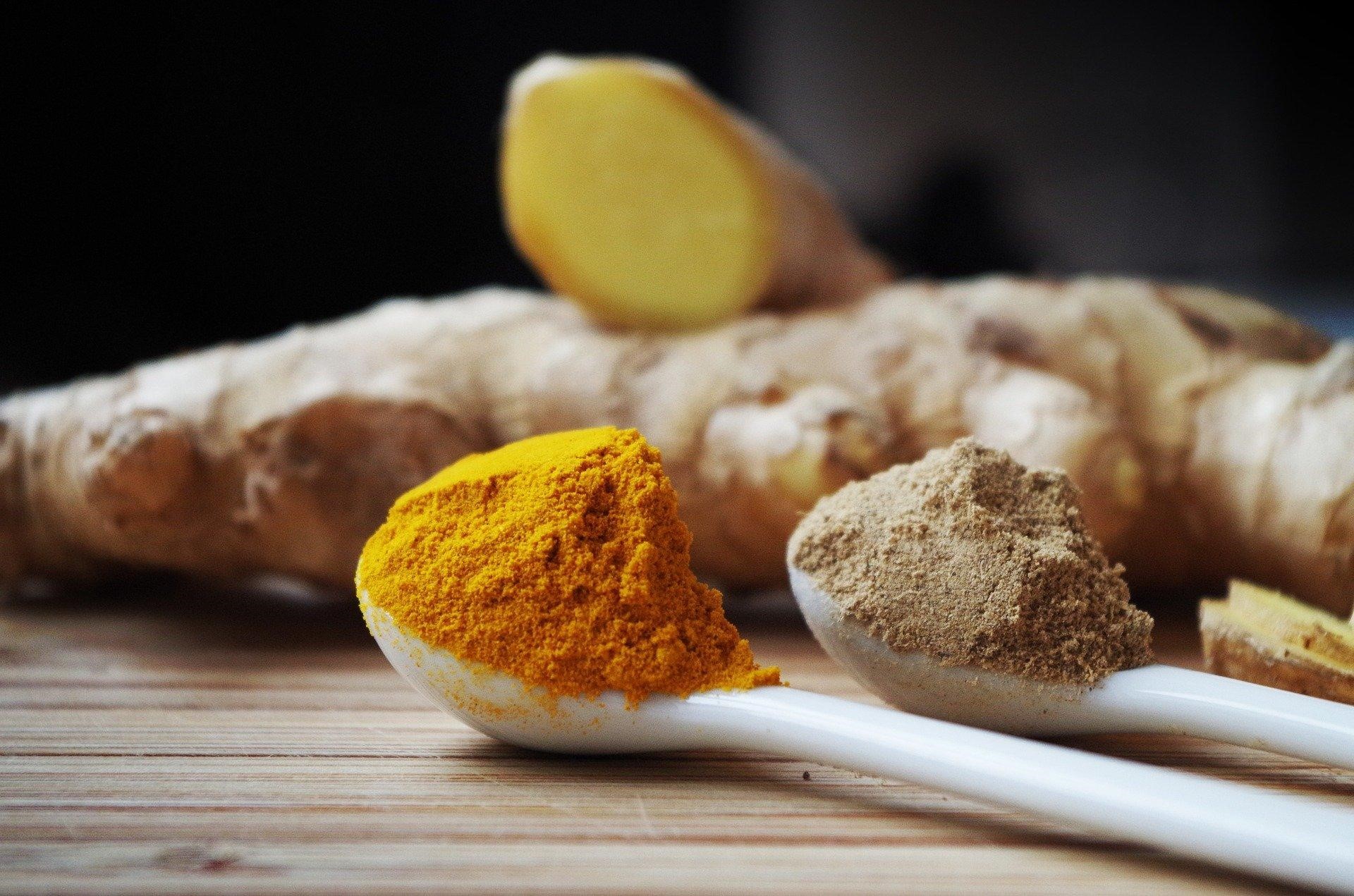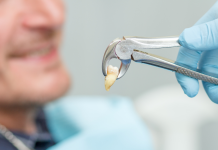If you have ever gotten sick, you might already know that antibiotics are a big deal. They are effective in treating all infections and diseases that are caused by bacteria. However, antibiotics have become one of the most prescribed medicines today.
It wouldn’t be wrong to state that these meds are overprescribed. Resultantly, people have affected their digestive systems and decreased the efficiency of their natural immune system, making them vulnerable to all future illnesses.
To help people get rid of illnesses without ruining their digestive systems, scientists and healthcare professionals focus on strain development integrated with advanced recombinant methodologies to increase the yield of an antibiotic.
Apart from prescribed medications, here are some natural ways to boost your immune system.
Here is the list of five natural antibiotics:
Garlic
Different cultures around the world have been using garlic for thousands of years. For instance, it was used in the 1700s to prevent people from dying of the plague. Garlic possesses strong antibiotic, antiviral, antifungal, and antimicrobial properties.
Garlic can protect and facilitate the removal of damaging bacteria. Besides, garlic is also very high in natural antioxidants helpful in destroying free radicals, ultimately supporting a strong immune system.
The active ingredient found in garlic – Allicin, is the primary component for killing and warding off harmful bacteria. To optimize the health benefits of garlic, you might want to use it after crushing it and activating all of the components. Garlic is best consumed raw in warm tea or lightly cooked food.
Primarily, garlic treats ear infections, colds, and flu.
Onions offer potent anti-cancer, antibacterial, and antifungal effects. Like garlic, onions are amongst the most popular natural antibiotics used around the globe.
Manuka Honey
Among its countless other benefits, Manuka honey contains a powerful infection-fighting punch. The Manuka honey isn’t your usual raw honey. This honey is made from bees that pollinate the Manuka bush.
Subsequently, the honey is rich in hydrogen peroxide, methylglyoxal, and dihydroxyacetone. These substances are responsible for the potent antimicrobial properties of Manuka honey.
According to research, Manuka honey is an effective treatment for various infections caused by the staphylococcus bacteria. That said, you can use Manuka honey to treat wounds, treat and soothe ulcers, and boost your oral health.
Manuka honey reduces inflammation, high cholesterol, and acid reflux. It is also effective for acne treatment. A fun fact about honey, in general, is that since ancient times, honey has been used as a natural ointment that helps wounds to heal and draws out or prevents infections.
Today, healthcare professionals have found organic honey helpful in treating chronic wounds, ulcers, burns, bedsores, and skin grafts. Besides, honey can efficiently destroy sixty types of bacteria – the presence of hydrogen peroxide in honey is effective for treating cuts and injuries.
Oregano Oil
When it comes to pathogenic bacteria, you will find no better natural antibiotic than the oil of oregano. Made from the oregano plant, oregano oil has a higher concentration of valuable compounds. While you can apply oregano oil topically, it can also be consumed by mouth.
The compounds in the oregano oil contain effective antioxidants and antimicrobial properties that are essential to boost the immune system. This natural antibiotic can help with chronic yeast infections, digestive disorders, fungal infections, and inflammation.
Oregano oil gets rid of pathogenic bacteria without affecting the beneficial bacteria. Oregano oil is antiviral and antifungal, making it a powerful natural antibiotic with a three-in-one combination that doesn’t mean antibiotic resistance.
The primary microbial ingredient in oregano oil is carvacrol. An essential piece of advice to follow while buying oregano oil for health is that you must ensure that the source is at least 70% carvacrol content in order to be effective.
Oregano oil is effective for skin, nails, foot, and sinus infections.
Ginger
Ginger is another promising antibiotic because it contains natural compounds that can fight infections, soothe digestive illnesses, and relieve nausea. Ginger can also help reduce inflammation and curb increased stomach acid to calm digestion after a meal.
Due to these properties, raw ginger is preferably served with raw food, such as sushi. Anti-parasitic in nature, ginger is also excellent for relieving tension headaches. Ginger also boosts your body’s ability to produce B12.
If you are wondering about the best way to consume ginger, you can include a one-inch cube of ginger in freshly brewed tea daily. Ginger is well-known in the scientific community as a potent natural antibiotic. It can fight many strains of bacteria.
Cinnamon
Cinnamon doesn’t only taste good, but it has loads of antiviral, antifungal, and antibacterial properties. Cinnamon is used in different cultures; however, it is mainly linked with Chinese herbal medicines. This spice is popularly used in teas, baked items, and curries.
Cinnamon is one of the world’s oldest and most common spices. Adding this spice to your morning coffee or tea is a great preventative against common infections, such as acne, UTI (urinary tract infection), and gum diseases.
Cinnamon supports gut health as this spice contains prebiotic properties. Besides, this spice is effective for the restoration of the balance of gut bacteria to support digestive health and remove any potential digestive issues.
Besides the antibacterial and antiviral properties, cinnamon is also effective for lowering blood sugar and curbing the risk of type 2 diabetes.
It might be a good idea to mention another spice that has antibiotic characteristics – we are talking about cloves. Traditionally, cloves have been used in dental procedures. These are specifically effective for treating plaque, gingivitis, and bacteria.
Cloves also soothe gum inflammation and improve overall oral health. Besides oral health, the water extracted from cloves has shown to be effective against different kinds of bacteria, such as E.coli.
The Takeaway
Despite the massive rise of modern medicine, you should never overlook the potential and potency of natural remedies and natural antibiotics. People have successfully cured various diseases with natural foods and herbs for many years. The best thing about natural antibiotics is that they cause no side effects, so you can include them in your daily diet and benefit from them in the long run.










